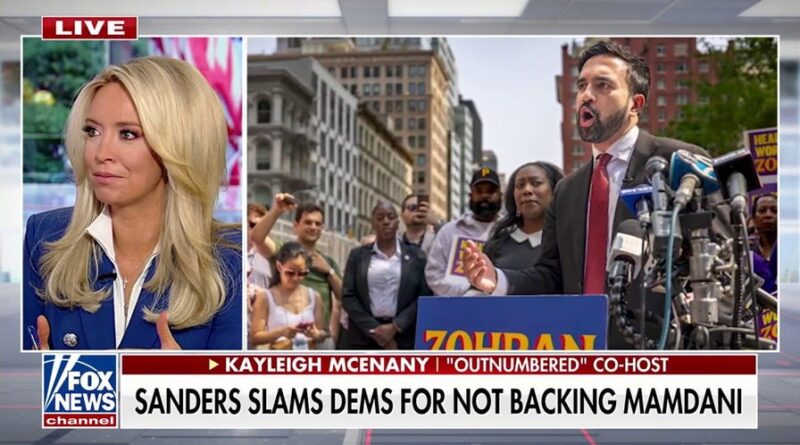NYC Mayor Candidate Mamdani Defends Controversial Tweets
Zohran Mamdani, a candidate running for the position of New York City Mayor, recently defended himself against controversial accusations that arose from his former tweets. Since topping the Democratic primary, Mamdani has gained fame on a national scale, primarily due to his self-professed democratic socialist ideology. However, he has also faced stern scrutiny and criticism, both from within his party and across the aisle, primarily regarding his previous statements and political ideologies, that some have deemed as too far-reaching.
During a discussion with Marcia Kramer, Mamdani defended his proposal for a public safety plan that has sparked considerable debate. His plan suggests deploying mental health professionals in scenarios involving individuals with emotional disturbances instead of relying on NYPD officers. This unique approach has ignited the criticism, with many arguing that his strategy may put the mental health workers in jeopardy by lacking suitable protection.
The critics of his plan have kept a sarcastic tone, stating that under his proposal, the cases involving emotionally disturbed individuals would be managed by ‘a person carrying a clipboard.’ According to them, such an approach does not seem appropriate or safe for the person involved. Mamdani’s counter-argument suggests that his opponents, such as the well-known Andrew Cuomo, tend to engage in debates against a fictional version of his persona rather than his actual ideas or beliefs.
They put undesirable emphasis on his 2020 tweets rather than focusing on his 2025 platform aims, according to Mamdani. He further believes this occurs because his opponents are aware of the popularity behind his innovative ideas, and the relevance of his proposals in addressing New Yorkers’ needs, which the conventional, outmoded political concepts have failed to do.
When confronted with the question about the controversial tweets he posted in 2020, Mamdani’s response emphasized personal growth and ideological evolution. He admitted that his viewpoints have matured and shifted significantly from those he held in the past.
In 2020, Mamdani had voiced his support for defunding the police and had characterized the NYPD as ‘biased, anti-queer, and a significant hazard to public safety.’ These controversial comments gained notoriety at a national level subsequent to a fatal mass shooting incident in midtown Manhattan that resulted in the deaths of four people, including an NYPD officer.
Mamdani has also been under the scanner for his supported elimination of a statue of Christopher Columbus, the renowned Italian explorer. His stance was met with considerable backlash.
Andrew Cuomo, the former Governor of New York, reacted sharply to Mamdani’s positions. He portrayed Mamdani as an opportunistic politician devoid of core principles, ready to articulate any viewpoint in his bid to win the election.
Coumo criticized Mamdani’s previous calls to defund, disband, and disarm the police, and his description of the police as racists and a threat to public safety. He presented it as not just an issue of police unkindness, but as an assertion of rampant racism and the presentation of police as dangers to the community.
Coumo also took on Mamdani’s views on prisons and personal property. Mamdani had once voiced his wish to breakdown jails and carceral facilities. He has also shown an opposition to the concept of private property.
Coumo questioned what it implied when Mamdani said he was against private ownership. He asked whether it means people can’t own their homes. Mamdani’s espoused belief that the government should control the means of production was also brought into question by Coumo.
Coumo concluded his critique by questioning the reliability and authenticity of Mamdani’s recent changes in opinion. He asked when these shifts in stance occurred, and whether they extended to his previous views on policing and socialism.
Coumo confronted Mamdani regarding his trustworthiness, referencing his drastic flip in beliefs. He questioned why anyone should believe him if he has done a complete about-face on his previously held views.
Criticizing Mamdani’s apparent fickleness, Coumo asked what belief or position Mamdani would abandon next. This, according to Coumo, has been demonstrated by Mamdani’s conduct to date.
Thus, the race for the New York City mayor’s office comes with its fair share of controversies and debates, with candidates like Mamdani at the epicenter, facing criticism and scrutiny regarding their past and present viewpoints. Irrespective of the outcomes, the discourse proves crucial to understanding the changing political landscape in the city.

